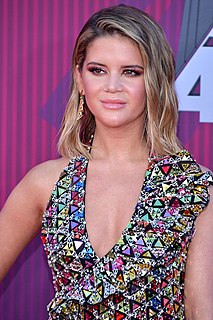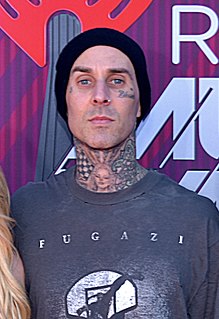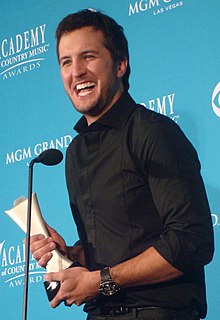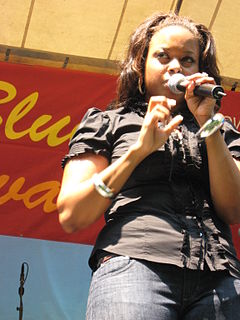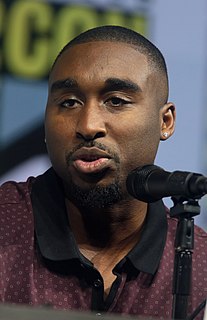A Quote by Maren Morris
When it comes to best new artist or album or song of the year, yeah, it's very rare that you see someone in country win one of those. It's a very strong genre, and it's got roots so deep in our culture. I think the pool of voters listen more to pop and R&B and hip-hop. Those seem to be the major contenders.
Related Quotes
With rock music, it usually revolves around the band. You go in as a band and probably take about a year to record an album. But for a hip-hop song, you can create a track and an idea with verses and choruses in a day, and get three different people on it. It seems like you're able to do more with hip-hop.
I think that all journalists, specifically print journalists, have a responsibility to educate the public. When you handle a culture's intellectual property, like journalists do, you have a responsibility not to tear it down, but to raise it up. The depiction of rap and of hip-hop culture in the media is one that needs more of a responsible approach from journalists. We need more 30-year-old journalists. We need more journalists who have children, who have families and wives or husbands, those kinds of journalists. And then you'll get a different depiction of hip-hop and rap music.
I will say it's great - that Method Man - Cliff Smith - plays a rapper in a laundromat who is working out some lyrics sort of to the rhythm of a washing machine. And something about hip-hop culture and hip-hop is the ability to use current language and slang and reference details of life is very, very strong for me.
I think that hip-hop should be spelled with a capital "H," and as one word. It's the name of our black people culture, and it's the name of our identity and consciousness. I think hip-hop is not a product, but a culture. I think rap is a product, but when hip-hop becomes a product, that's slavery, because you're talking about people's souls. To me, that's the biggest problem.
I think when you write every song on your album - it's like having eleven or twelve children. It's hard to say I like this one song more or I like that one more. I love every song on the album. What's happening is that I'm hoping that everyone will be very satisfied. I think the single "Good Girl" will be adored by the people in the urban world and I think the "Best of Me" will be loved by people in the pop world.
A lot of the commercial expression of hip-hop leaves a lot to be desired - but then, there's a lot of whack gospel music, but I'm not leading a crusade against it. Of course, the vices of hip-hop are far more influential, I understand. But the good that hip-hop transmits, the power of the culture to rally the best of our protest, and uplift, and resistance, traditions, is often unfairly overlooked.
This is more in regards to celebrities. What we've got to understand is that we are the influencers of the hip-hop culture, the black culture. We are the way out, you feel what I'm sayin'? As far as who we look to and where we get stuff from - hip-hop culture is influencing the world, really, but especially the black communities.
